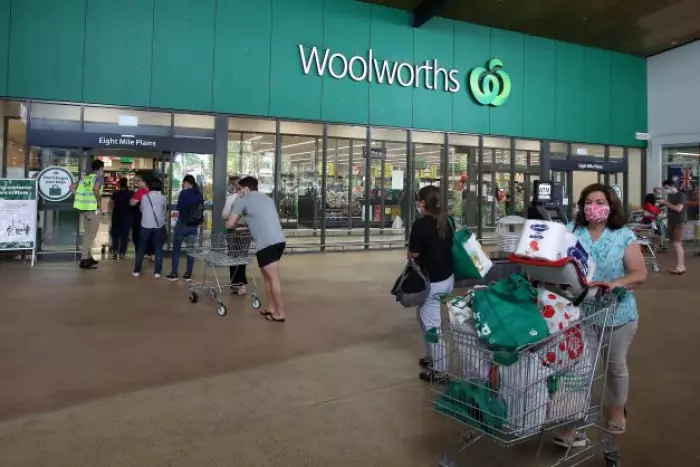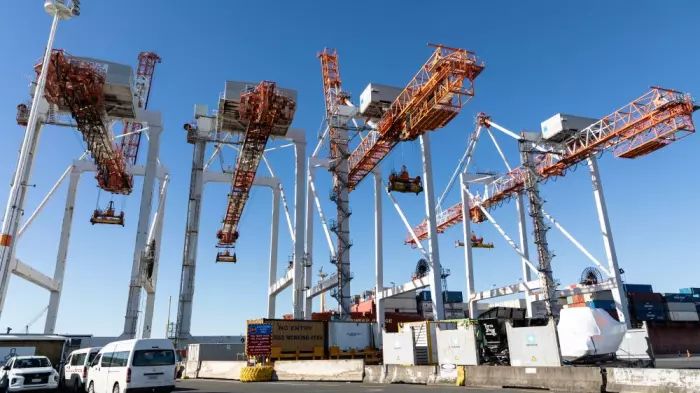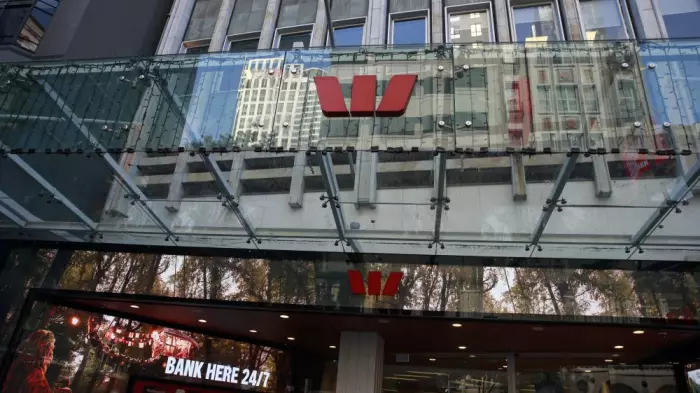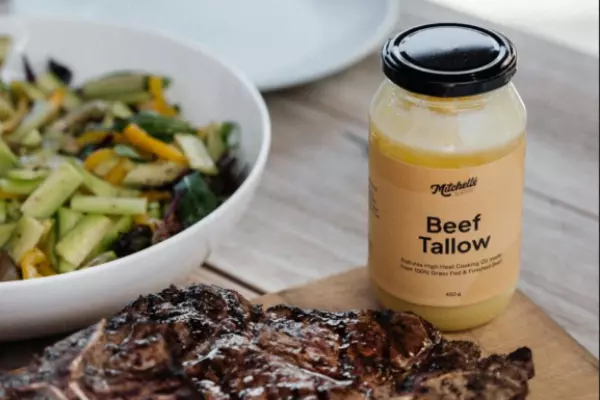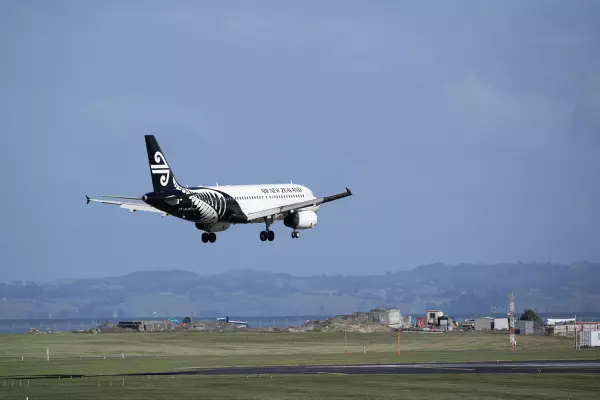Woolworths New Zealand faced skinnier margins in the 2022 financial year, as rising costs outpaced increased sales at its Countdown supermarket chain.
New Zealand food sales rose 5.8% to $2.7 billion in the 52 weeks ended June 26, but weren't enough to offset rising costs as the supermarket chain's earnings before interest and tax (Ebit) shrank 12.5% to $316 million. Depreciation and amortisation costs rose 8.7% to $295m, and earnings before interest, tax, depreciation and amortisation (Ebitda) fell a more muted 3.4% to $611m.
The NZ unit accounted for about 11% of the Australian's group's A$2.69b Ebit, and ASX-listed Woolworths net profit of A$1.5b (NZ$1.6b) was up 0.7% on the prior year.
'Very difficult year'
Chief executive Brad Banducci said NZ’s food segment overall had a “very difficult year” and its second half was even more challenging.
Of the NZ sales, Countdown supermarkets brought in $5.9b of revenue, up 3.6%, while its supermarket subsidiaries SuperValue and FreshChoice made $628m – up 7.4% from the previous financial period.
NZ’s e-commerce segment shot up significantly by 19.7% to $1b.
Banducci said a highlight for the year was the progress in NZ food’s supply chain transformation, specifically the opening of its Hilton meat plant and the Palmerston North and Auckland Fresh distribution centres.
Material disruption to stores and the supply chain when the omicron variant took hold in the community earlier this year meant market growth significantly slowed.
He said the first half benefitted from nationwide lockdowns in mid-August which increased in-home consumption, with sales for the six months ended December increasing by 8.3%.
But due to omicron, NZ Food sales growth was impacted by covid-related disruptions to availability and a market slowdown, and only lifted 3.4% in the second half.
“Conversely, the omicron outbreak which took hold in March caused significant team absenteeism and disruption to the supply chain and stores, which negatively impacted sales,” Banducci said.
The company said in its earnings report that group sales growth for the second half improved for all businesses other than its NZ segment.
Price hikes
Between the grocery retailer’s first and fourth quarter of its 2022 financial year, its change in average prices rose from 1.1% to 3.5%.
In comparison, the Australian stores hiked prices by 0.9% in the first quarter of 2022 and then up 3.6% by the end of the fourth quarter.
Banducci said inflation was beginning to impact “all aspects of our customers’ shop” and there was a gradual change in customer shopping behaviour.
The company said inflationary product prices were “driven by industry-wide input cost pressures”.
Inconsistent customer experience
Banducci said supply chain disruptions, product shortages, staffing issues and flooding led to an inconsistent customer experience and financial performance across its Australia segment.
Woolworths Australian arm reported Ebitda of A$4b, up 2.5% from the previous period, with total sales reaching A$45.4b. Of that amount, Woolworths supermarkets made up A$39.6b.
Woolworths board declared a final dividend of 53 cents per share (cps) bringing the total dividend for the 2022 financial year to 92cps.
“Excluding the 17 cents of dividends related to Endeavour Group in the prior year, the total dividend has increased in line with earnings growth,” Woolworths chair Gordon Cairns said.
“We also returned $2b to shareholders by way of a share buyback in October.”
A report from the Australian Services Union released yesterday said Banducci was paid 213 to 239 times more than one of his average employees during the 2021 financial year.
Banducci received nearly A$11.8m (NZ$13.1m) in realised pay throughout that period, while the average Woolworths worker received between A$49,234 and A$55,432.
Hopes for 2023
Woolworths said inflationary food prices showed no signs of moderating in the short term.
The company said its NZ Ebit were expected to be “materially below” the prior year, due to staffing issues and ongoing covid-19 disruption.
Woolworths and competitor Foodstuffs are the current supermarket duopoly in NZ, and their ability to set terms with small suppliers has been pinpointed as one of the ways the sector is working unfairly in NZ.
But the NZ government confirmed yesterday it will allow suppliers to jointly negotiate with the duopoly players and force the major supermarkets to open up their wholesale operations to other competitors.
This story has been corrected to show Woolworths NZ's earnings fell, not rose as earlier reported.


